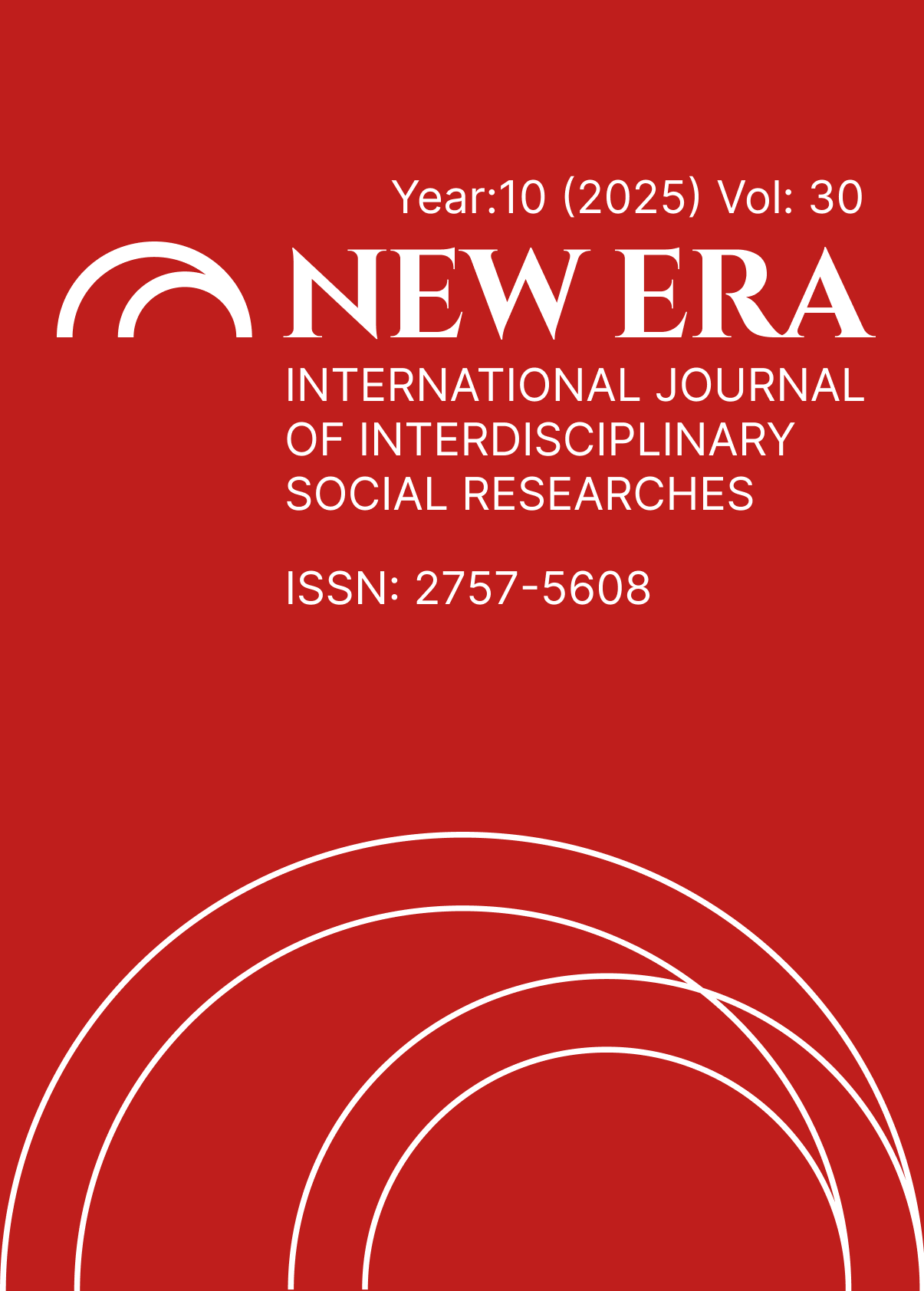GREENWASHING: AN ANALYSIS OF ITS IMPACT, STRATEGIES, AND IMPLICATIONS
DOI:
https://doi.org/10.5281/zenodo.17391632Keywords:
Greenwashing, corporate social responsibility, Sustainability, Consumer trust, Regulation, Marketing ethicsAbstract
Greenwashing has emerged as a critical issue in sustainability discourse and corporate social responsibility practices. This paper provides a comprehensive examination of greenwashing, identifying its definition, types, and strategies, while exploring its consequences for consumers, businesses, and environmental outcomes. Through a review of interdisciplinary research, this study analyzes the regulatory landscape and offers recommendations for stakeholders to mitigate greenwashing effectively. Case studies are used to illustrate the phenomenon across industries, highlighting its pervasive nature and societal impacts.
References
Chen, Y.-S., & Chang, C.-H. (2013). Greenwash and green trust: The mediation effects of green consumer confusion and green perceived risk. Journal of Business Ethics, 114(3), 489–500. https://doi.org/10.1007/s10551-012-1360-0
Delmas, M. A., & Burbano, V. C. (2011). The drivers of greenwashing. California Management Review, 54(1), 64–87. https://doi.org/10.1525/cmr.2011.54.1.64
European Commission. (2023). Proposal for a Directive on substantiating green claims. Retrieved from https://ec.europa.eu
Federal Trade Commission (FTC). (2012). Guides for the use of environmental marketing claims. Retrieved from https://www.ftc.gov
Hotten, R. (2015). Volkswagen: The scandal explained. BBC News. Retrieved from https://www.bbc.com
Leonidou, C. N., & Skarmeas, D. (2017). Gray shades of green: Causes and consequences of green skepticism. Journal of Business Ethics, 144(2), 401–415. https://doi.org/10.1007/s10551-015-2829-4
Lyon, T. P., & Maxwell, J. W. (2011). Greenwash: Corporate environmental disclosure under threat of audit. Journal of Economics & Management Strategy, 20(1), 3–41. https://doi.org/10.1111/j.1530-9134.2010.00282.x
Lyon, T. P., & Montgomery, A. W. (2015). The means and end of greenwash. Organization & Environment, 28(2), 223–249. https://doi.org/10.1177/1086026615575332
TerraChoice. (2010). The sins of greenwashing: Home and family edition. Retrieved from https://sinsofgreenwashing.org
Marti, E., & Scherer, A. G. (2022). Financializing corporate social responsibility: A sociological approach to greenwashing. Academy of Management Review, 47(1), 1–25. https://doi.org/10.5465/amr.2020.0055
Parguel, B., Benoît-Moreau, F., & Larceneux, F. (2011). How sustainability ratings might deter “greenwashing”: A closer look at ethical corporate communication. Journal of Business Ethics, 102(1), 15–28. https://doi.org/10.1007/s10551-011-0901-2
Schmuck, D., Matthes, J., & Naderer, B. (2018). Misleading consumers with green advertising? An empirical investigation of the effects of misleading claims in green advertising. Journal of Advertising, 47(2), 127–145. https://doi.org/10.1080/00913367.2018.1452652
Spence, M. (1973). Job market signaling. Quarterly Journal of Economics, 87(3), 355–374. https://doi.org/10.2307/1882010
Suchman, M. C. (1995). Managing legitimacy: Strategic and institutional approaches. Academy of Management Review, 20(3), 571–610. https://doi.org/10.5465/amr.1995.9508080331
Zhang, H., Luo, X., & Wang, Y. (2023). Signaling environmental responsibility: Greenwashing and its impacts on firm value. Journal of Business Research, 158, 113649. https://doi.org/10.1016/j.jbusres.2022.113649
Downloads
Published
How to Cite
Issue
Section
License
Copyright (c) 2025 NEW ERA INTERNATIONAL JOURNAL OF INTERDISCIPLINARY SOCIAL RESEARCHES

This work is licensed under a Creative Commons Attribution-NonCommercial 4.0 International License.


